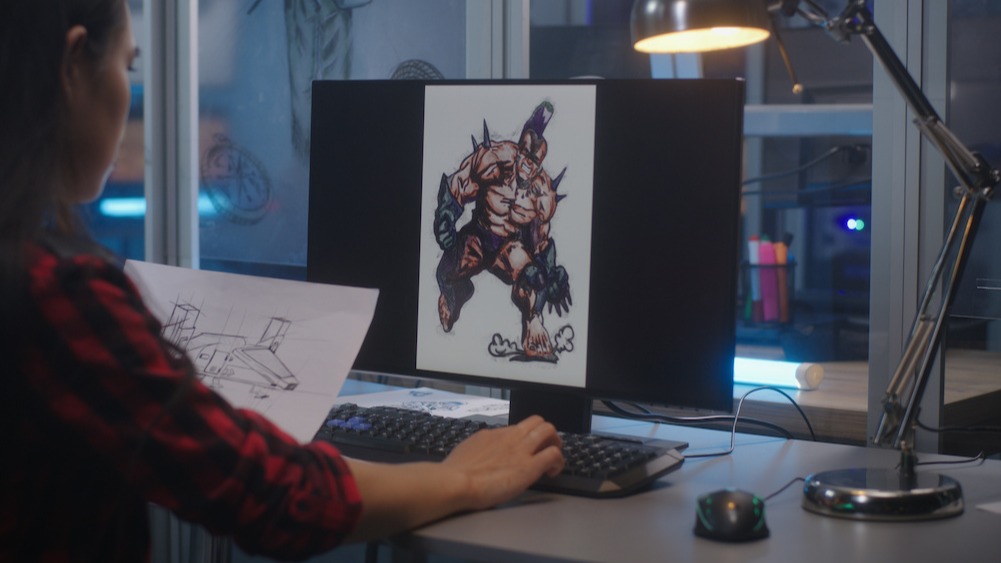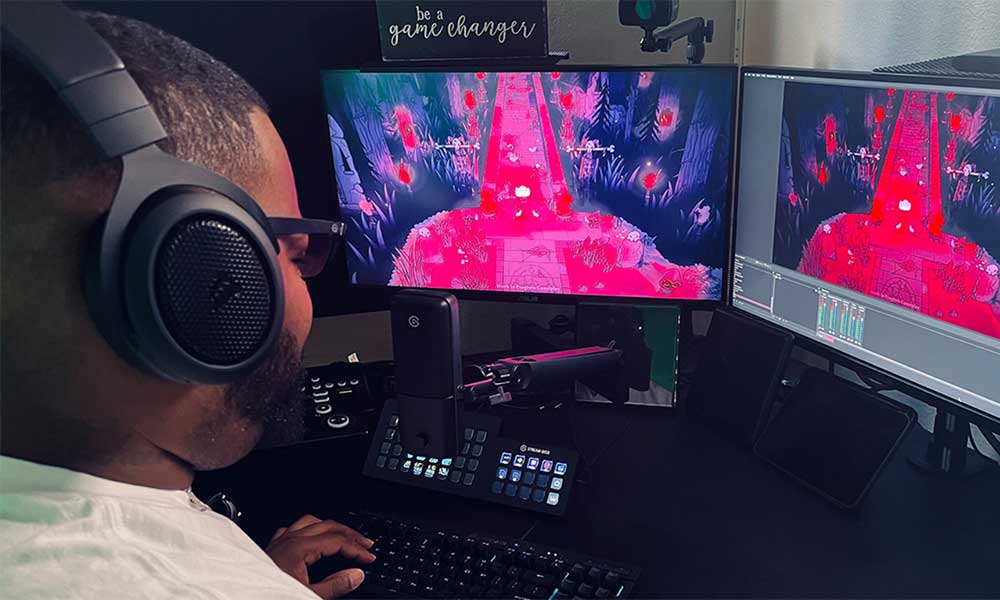In the dynamic world of video game design, having access to the right software tools can make all the difference. These tools empower game developers to bring their creative visions to life, enabling them to design captivating gameplay, stunning visuals, and immersive experiences.
Top 10 Video Game Development Software Tools
These software tools offer a diverse range of functionalities and cater to different aspects of game design, including development, art, sound, and more. By leveraging these tools, game designers can bring their ideas to life and deliver exceptional gaming experiences to their audiences.
Unity
Unity stands tall as one of the most popular and versatile game development engines in the industry. It offers a comprehensive suite of features, including a powerful editor, scripting capabilities, and a vast library of assets. With Unity, developers can create games for multiple platforms, from PC to consoles, mobile devices, and even virtual reality (VR) and augmented reality (AR) experiences. The user-friendly interface and extensive documentation make Unity an ideal choice for both beginners and experienced developers alike.
Unreal Engine
Unreal Engine, developed by Epic Games, is renowned for its cutting-edge graphics and robust capabilities. It empowers designers to create visually stunning and highly interactive games. Unreal Engine provides a visual scripting system called Blueprints, which allows developers to create gameplay mechanics without extensive coding knowledge. Additionally, its advanced rendering capabilities and real-time physics simulation offer unparalleled realism. Whether you’re working on a small indie project or a large-scale AAA game, Unreal Engine provides a powerful and flexible platform for game design.
Autodesk Maya
When it comes to 3D modeling, animation, and character design, Autodesk Maya remains a top choice among game developers. With its extensive toolset and industry-standard features, Maya offers exceptional flexibility and precision. From crafting lifelike characters to creating intricate game environments, Maya allows artists to bring their imagination to life. Its robust animation capabilities, fluid simulation tools, and advanced rendering options make it a go-to software for game designers seeking top-notch visuals and seamless integration with other game development pipelines.
Adobe Photoshop
While primarily known for its prowess in image editing, Adobe Photoshop plays a vital role in video game design. It serves as a powerful tool for creating and editing game assets, such as textures, sprites, UI elements, and concept art. Photoshop’s versatile features, including layers, filters, and brushes, allow designers to bring their artistic vision to fruition. It seamlessly integrates with other software tools, making it an indispensable asset for designers looking to enhance their game’s visual appeal and polish.
Autodesk 3ds Max
Autodesk 3ds Max is another go-to software for game developers, particularly for creating 3D models, animations, and visual effects. With its robust modeling and animation tools, game designers can create intricate character models, detailed environments, and captivating cutscenes. 3ds Max offers a rich set of features, including advanced particle systems, dynamic simulations, and shader creation capabilities. Its seamless integration with other Autodesk products, such as Maya, enables a streamlined workflow for game development teams.
GameMaker Studio
GameMaker Studio offers a user-friendly and intuitive platform for creating 2D games. With its drag-and-drop interface and powerful scripting language, it caters to both beginners and experienced developers. GameMaker Studio allows you to prototype and develop games quickly while providing flexibility and customization options for more complex projects.
Construct
Construct is a powerful HTML5 game development tool that emphasizes visual scripting. It offers an intuitive interface, drag-and-drop functionality, and a vast library of pre-built behaviors and assets. Construct enables rapid prototyping and development, making it an excellent choice for developers without extensive coding knowledge.
RPG Maker
RPG Maker focuses specifically on creating role-playing games (RPGs). It provides a comprehensive set of tools for designing and customizing characters, dialogue, maps, and battles. With its extensive plugin support and user-friendly interface, RPG Maker streamlines the process of creating engaging and immersive RPG experiences.
Substance Painter
Substance Painter is a 3D texturing software that allows game artists to create realistic and detailed textures for their game assets. It offers a range of advanced features, including material painting, texture baking, and procedural texturing. Substance Painter streamlines the texturing process and enhances the visual quality of game objects.
Pro Tools
Pro Tools is a leading digital audio workstation (DAW) used in the game industry for sound design and audio production. It provides a comprehensive set of tools for recording, editing, and mixing audio, allowing developers to create immersive soundscapes and high-quality audio effects for their games.
Summing Up
The world of video game design offers endless opportunities for creative expression, and the right software tools can make all the difference in bringing your vision to life. Whether you’re a beginner exploring game design or an experienced developer pushing boundaries, the software tools mentioned above—Unity, Unreal Engine, Autodesk Maya, Adobe Photoshop, and Autodesk 3ds Max—provide a solid foundation to unlock your creative potential and create extraordinary video game experiences. So, dive in, experiment, and let these tools become your gateway to unleashing your imagination in the exciting realm of game design.




THANK YOU FOR SHARING THE INFORMATION